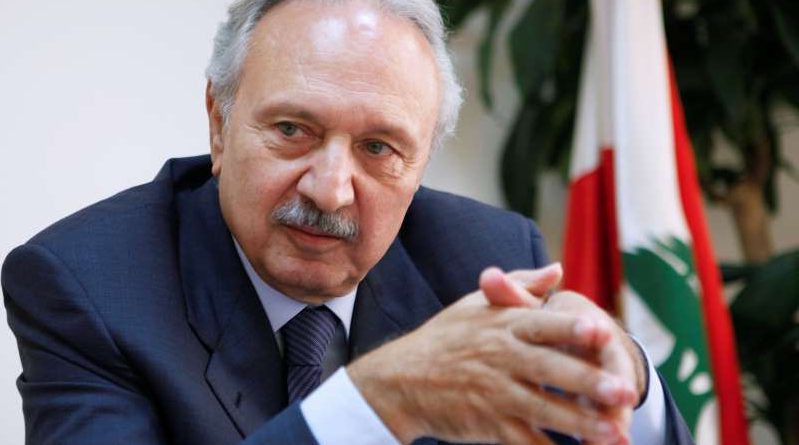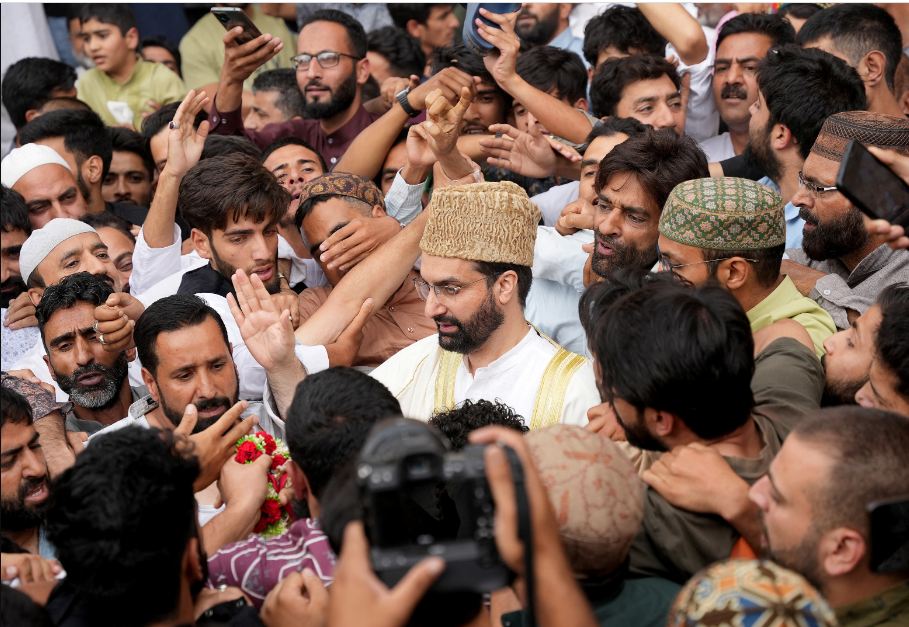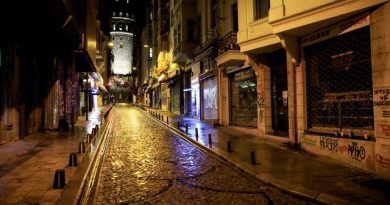Lebanon sinks deeper in crisis after Safadi withdrawal
Beirut (Reuters) – Lebanon slid deeper into political crisis on Sunday after the withdrawal of a top candidate for prime minister narrowed the chances of creating a government needed to enact urgent reforms.
Mohammad Safadi, a former finance minister, withdrew his candidacy late on Saturday, saying it was too hard to form a “harmonious” government with broad support.
Safadi was the first candidate who had appeared to win some consensus among Lebanon’s fractious sectarian-based parties since Hariri quit as prime minister on Oct. 29, pushed out by sweeping protests against the ruling elite.
Faced by the worst financial strains since a 1975-1990 civil war, Lebanon has pledged urgent reforms it hopes will convince donors to disburse some $11 billion pledged last year.
The unrest has kept banks shut for most of the last month. They have imposed controls on transfers abroad and U.S. dollar withdrawals, and the pegged Lebanese pound is under pressure on an informal market.
Safadi became the presumed front-runner for prime minister after a meeting between Hariri, a Sunni politician, and Shi’ite groups Hezbollah and Amal, according to political sources and Lebanese media, but no political force later endorsed him.
Lebanon’s prime minister must be a Sunni Muslim, according to its sectarian power-sharing system.
Protesters who have filled the streets since Oct. 17 hit out at the choice of Safadi, a prominent businessman and longtime politician they said was part of the elite they sought to oust.
Later on Sunday large crowds of anti-government protesters waving Lebanese flags poured back into streets across the country, chanting for revolution in rallies to mark a month since the start of the uprising and keep up pressure.
In comments published on the Lebanese army’s website, army chief General Joseph Aoun said the military would not stop people from demonstrating in squares but would intervene to open roads, calling freedom of movement “sacred”.
Aoun said recent arrests were directed only at those rioting and confronting the army or who were found to possess drugs.
“We are in a deadlock now. I don’t know when it will move again. It is not easy,” said a senior political source. “The financial situation doesn’t tolerate any delay.”
A second political source described efforts to form a new government as “back to square one.”



